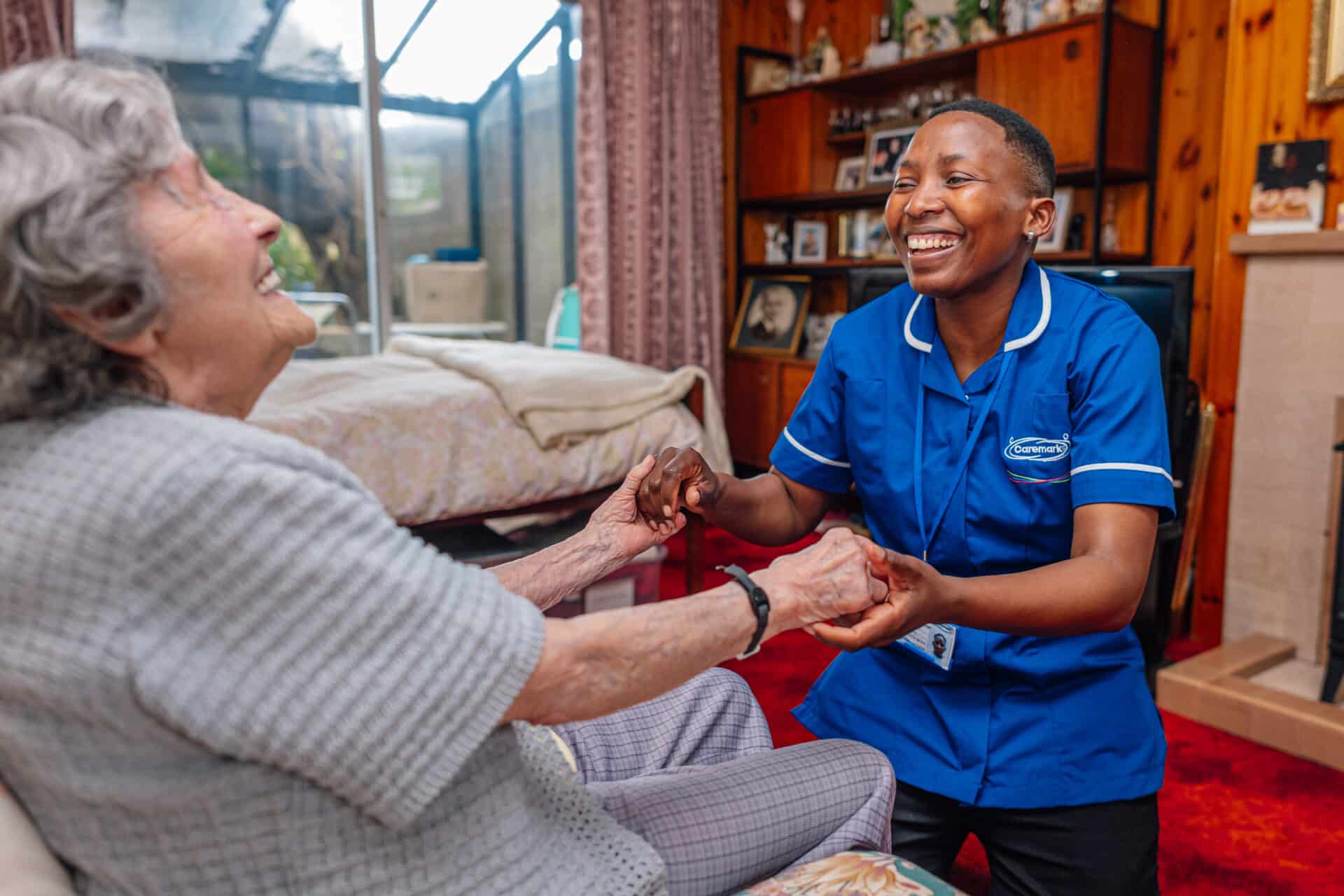What is Continuity of Care?

Continuity of care is a fundamental concept in healthcare that plays a crucial role in ensuring the best possible outcomes for customers. It refers to the seamless and consistent delivery of healthcare services over time, with effective communication and coordination among various healthcare providers, customers, and their families. This approach to care emphasises a long-term, holistic view of a person’s health, rather than treating individual health issues in isolation.
So what is continuity of care? At its core, continuity of care is about maintaining a consistent and coherent healthcare journey for each individual. It involves three main components: informational continuity, management continuity, and relational continuity.
Informational Continuity
Informational continuity relates to the comprehensive and accurate transfer of customer information between healthcare providers and across different care settings. This includes medical history, current treatments, medications, allergies, and personal preferences. When healthcare providers have access to a complete and up-to-date record of a customer’s health information, they can make more informed decisions, avoid duplicating tests or treatments, and prevent potential errors or adverse events.
In today’s digital age, electronic health records play a significant role in facilitating informational continuity. These systems allow for the secure sharing of customer data among authorised healthcare professionals, ensuring that critical information is readily available when needed.
Management Continuity
Management continuity refers to the consistent and coherent approach to managing a customer’s health condition or conditions over time. This involves developing and following a care plan that addresses the customer’s specific needs, preferences, and goals. Management continuity ensures that care is delivered in a coordinated manner, with different healthcare providers working together towards common objectives.
Effective management continuity often involves the use of care pathways or protocols, which outline evidence-based approaches to treating specific conditions. These standardised approaches help to ensure that customers receive consistent, high-quality care regardless of which healthcare provider they see.
Relational Continuity
Relational continuity is perhaps the most personal aspect of continuity of care. It refers to the ongoing relationship between a customer and one or more healthcare providers over time. This continuous relationship allows for the development of trust, mutual understanding, and a deeper knowledge of the customer’s health history, preferences, and values.
Relational continuity is particularly important for customers with chronic conditions or complex health needs. Having a consistent point of contact in the healthcare system can provide reassurance, improve communication, and lead to more personalized care.
Benefits of Continuity of Care
The importance of continuity of care cannot be overstated. Research has consistently shown that strong continuity of care is associated with numerous benefits for both customers and healthcare systems:
- Improved health outcomes: Customers who experience good continuity of care tend to have better management of chronic conditions, fewer hospitalisations, and lower mortality rates.
- Enhanced customer satisfaction: A consistent care experience leads to higher levels of trust and satisfaction with healthcare services.
- Increased efficiency: With better coordination and information sharing, continuity of care can reduce duplication of services and unnecessary medical tests.
- Cost-effectiveness: By preventing complications and reducing hospital admissions, continuity of care can lead to significant cost savings for healthcare systems and customers alike.
- Better preventive care: Regular contact with the same healthcare providers increases the likelihood of customers receiving appropriate preventive services and screenings.
- Improved medication management: Continuity of care helps in monitoring medication effectiveness and side effects, leading to better medication adherence and reduced adverse events.
What Is the Challenge of Continuity of Care?
Despite its importance, achieving true continuity of care can be challenging in modern healthcare systems. Some of the obstacles include:
- Fragmentation of healthcare services: The increasing specialisation in medicine can lead to customers seeing multiple providers for different aspects of their care.
- Health system constraints: Staffing issues, high customer volumes, and time pressures can make it difficult to maintain consistent care relationships.
- Technological barriers: While technology can enhance continuity of care, issues with interoperability between different EHR systems can hinder information sharing.
- Customer mobility: As people move or change healthcare providers, maintaining continuity can become more challenging.
What Can Improve the Continuity of Care?
- Adopting team-based care models: This approach ensures consistent care. Even if a customer’s primary care provider is unavailable, other team members are familiar with their case.
- Implementing care coordination programs: These programs can help manage transitions between different care settings and providers.
- Enhancing communication tools: Secure messaging systems and customer portals can facilitate ongoing communication between customers and their care teams.
- Promoting customer engagement: This involves educating customers about the importance of continuity of care.
Continuity of Care with Caremark’s Home Care Services
At Caremark, we understand the vital role that continuity of care plays in our customers’ health and well-being. Our home care services seamlessly integrate with other aspects of our customers’ healthcare journeys. This ensures a consistent and coordinated approach to care.
Our team of skilled care assistants works closely with customers, their families to maintain informational, management, and relational continuity. We prioritise building long-term relationships between our care assistants and customers. This builds trust and familiarity that enhances the quality of care.
By providing care in the comfort of our customers’ homes, we help to reduce unnecessary hospital admissions. We also facilitate smoother transitions between different care settings. Our comprehensive approach to home care supports the overall continuity of care. This contributes to better health outcomes and improved quality of life for our customers.
In conclusion, continuity of care is a critical aspect of high-quality healthcare that benefits customers, healthcare providers, and the healthcare system as a whole. By prioritising consistent, coordinated, and personalised care, we can work towards a healthcare future that truly puts the customer at the center.